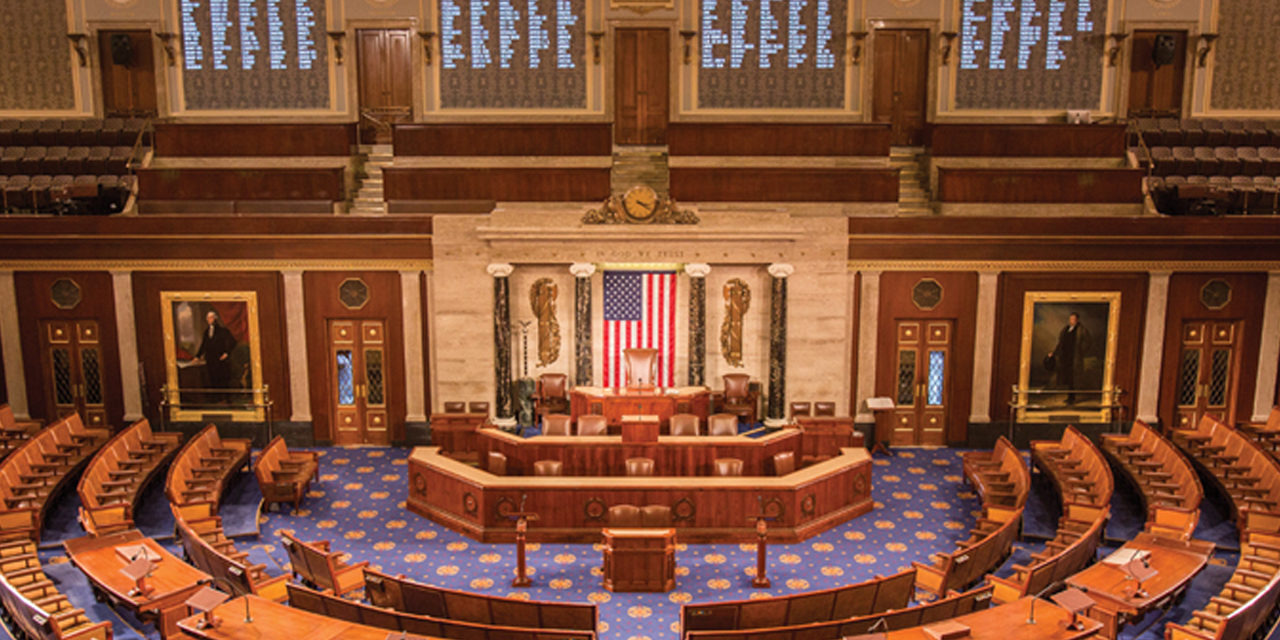The coronavirus is making everyone re-think how we do business, including our elected representatives on Capitol Hill. With members of both houses of Congress either diagnosed with COVID-19 or self-quarantining due to exposure to other people who have it, the question has come up: Should senators and members of the House of Representatives be voting remotely?
Senator Rand Paul, R-Ky., and Representatives Mario Diaz-Balart, R-Fla., and Ben McAdams, D-Utah, are all in quarantine after being diagnosed with the virus. Nearly two dozen more House members are in self-quarantine because of their exposure to Diaz-Balart and McAdams.
Congress is beginning to address the matter. House Speaker Nancy Pelosi has tasked the head of the House Rule Committee, Jim McGovern, D-Mass., with studying the issue of remote voting after receiving a letter signed by 50 House members asking that the issue be taken up “as necessary.” Two senators, Rob Portman, R-Ohio, and Richard Durbin, D-Ill., introduced a bill in the Senate to allow the two party leaders to jointly permit remote voting in times of “extraordinary national crisis.”
So what can be done to allow Congress to do its job and not infect one another? What are the current rules, if any?
The overriding rule, straight from the U.S. Constitution, Article 1, Section 5: “Each House may determine the Rules of its Proceedings, punish its Members for disorderly Behaviour, and, with the Concurrence of two thirds, expel a Member.”
Each house of Congress has its own internal rules concerning the procedures it operates under. Those can be amended by a majority vote. But the irony is that members would have to show up in order to vote for the rule that would allow them to vote remotely. And Congress moves at a snail’s pace most of the time. The last time the House changed its rules regarding voting was 1973, when it approved electronic voting. It took three years for that rule change to be approved.
Not every member of Congress is in favor of changing tradition. Senate Majority Leader Mitch McConnel, R-Ky., and Sen. Dianne Feinstein, D-Calif., both responded negatively to the idea.
There are technical hurdles to address as well. How do you address online security? How do you address members making motions and points of order?
But those hurdles seem to lose their importance in the face of a pandemic that is already impacting Congress’ ability to get critically important legislation done to deal with the pandemic.
And we can’t forget the most vulnerable people impacted by the coronavirus – the elderly. To put it delicately, nearly 150 members of the House are 65 years of age or older, and nearly half of all senators fall into the same category. That reality places the remote voting issue front and center for obvious health and safety reasons.
Photo from the Office of the Clerk






